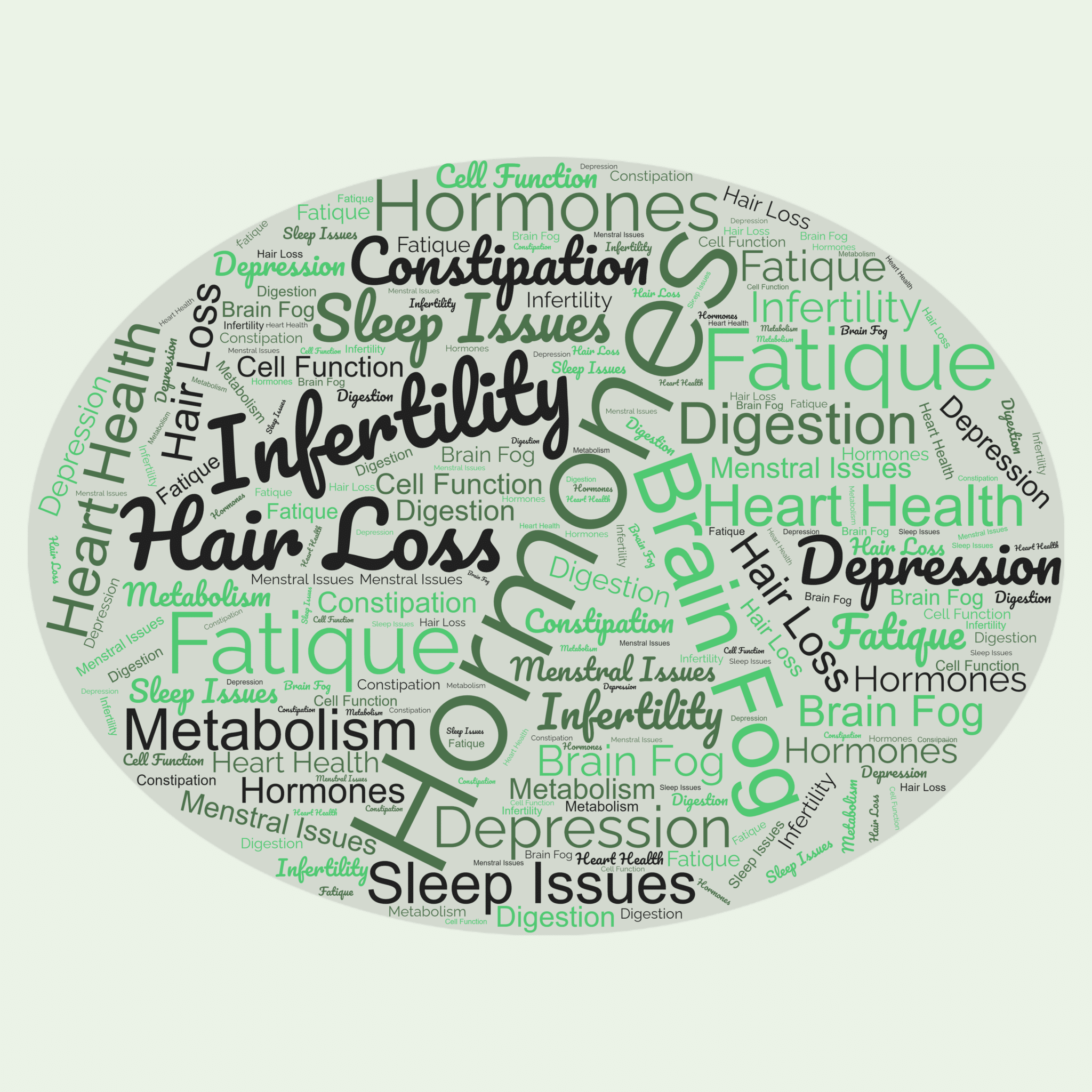Insulin is a hormone released by the pancreas. After eating, the pancreas releases insulin so that the glucose from food can be transported into the cells as energy. When body becomes overloaded with glucose, metabolism changes. Rather than breaking down fat for energy, it begins synthesizing fat and storing it for future energy. Insulin sensitivity refers to how the body responds to insulin. When you are “sensitive” to insulin, your body is working properly. Conversely, when you are insulin resistance your body does not use insulin the way it is supposed to, which prevents glucose from entering your cells and being used for energy. Instead, the body converts glucose into fat that is in turn stored within the body and cause weight gain.
Insulin Resistance and Weight Gain
Insulin not only regulates glucose levels but also helps break down proteins and fats. During 
Weight gain is quite common for individuals suffering from diabetes. The World Health Organization reported that 90 percent of individuals who suffer from type 2 diabetes are overweight or obese. Controlling diabetes using insulin therapy may help regulate your glucose levels; however, this can also cause weight gain and fat storage. Instead, you should follow a diabetic friendly diet and try to lose weight through diet and exercise to minimize the effects of insulin on the body.
Tips to Avoid Obesity
If who have insulin resistance, you may have difficulty maintaining a healthy body weight. Many individuals with insulin resistance concentrate on reducing their carbohydrate consumption. Although this may seem like the logical thing to do, you also need to watch how many calories you consume. Eating too many calories can increase your glucose levels and lead to increased fat storage. Keeping a food log and pre-measuring your portions can help, especially in the beginning. Over time, you will learn portion sizes and no longer need to measure your food and keep a food journal.

Regular exercise is key to managing insulin resistance and weight. Exercise helps regulate glucose levels, burn calories, and promote fat loss. Studies have shown that following a structured exercise program offers several benefits to those suffering from type 2 diabetes and insulin resistance.
Sleep is essential for those who are suffering from insulin dependence. If you are not getting at least 7 to 8 hours of sleep each night, you can experience a reduction in insulin sensitivity. If you are not currently getting the recommended amount of sleep, begin practicing good sleep hygiene which includes:
- A strict bedtime
- Turning off electronics two hours before bedtime
- Room darkening blinds or curtains
- White noise machine to help mask outside noise
- Avoiding daytime naps
Healthy Diet to Prevent Weight Gain
Certain foods may help prevent weight gain. Conversely, certain foods can promote fat storage and increased glucose in the blood. Developing a personalized meal plan that contains nutritious, unprocessed foods is the best way to protect your health and reduce weight gain.

Foods to include in your diet:
- Fresh fruits
- Fresh vegetables
- Lean protein, including soy products, fish, seafood, and poultry
- Omega 3 fatty acids like avocados and plant-based oils.
- Whole grains
- Yogurt
Foods to avoid:
- Foods with added sugars
- Processed foods
- Refined carbohydrates
- Trans fat
Insulin is used by the body to regulate blood sugar levels, break down proteins and fats, and promote fat storage for future energy needs. If you suffer from insulin resistance, your insulin levels can increase and lead to unwanted weight gain.
Healthy Weight Control

Making lifestyle and dietary changes can help prevent weight gain associated with insulin resistance.
- Choose whole foods rather than processed foods
- Get at least an hour of exercise five days a week
- Get between 7 and 9 hours of sleep each night
If you are struggling to maintain a healthy body weight or need assistance losing weight, seek out the assistance of our integrative healthcare providers. If you have been diagnosed with insulin resistance, our weight loss specialists will work with you to develop a regimen to nourish your body, reduce glucose levels, and help reduce obesity. There is no one size fits all meal plan for type 2 diabetes. Your meal plan will be based on your unique health and dietary needs.



















